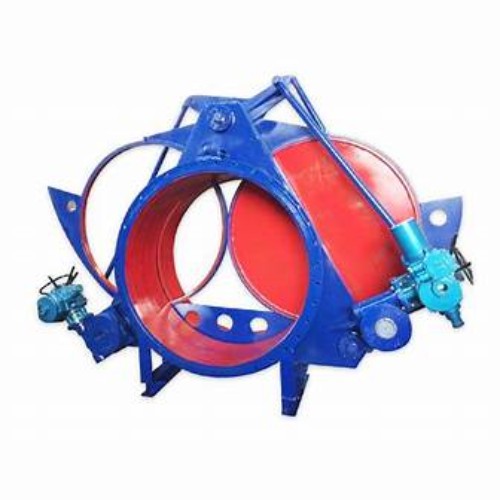2/2 way solenoid valve suppliers
Understanding 2/2 Way Solenoid Valves Suppliers and Applications
2/2 way solenoid valves are essential components in various fluid control systems, serving as reliable mechanisms for regulating the flow of liquids and gases. As a critical part of automation and industrial processes, understanding the functionalities, applications, and suppliers of these valves is vital for engineers, technicians, and procurement professionals. This article delves into what 2/2 way solenoid valves are, their applications, and how to find reputable suppliers.
What Are 2/2 Way Solenoid Valves?
A 2/2 way solenoid valve consists of two ports and two positions. The two ports include an inlet and an outlet, allowing fluid or gas to enter and exit. The solenoid mechanism operates the valve, switching it between open and closed states based on electrical signals. When an electrical current is applied to the solenoid, it creates a magnetic field that moves a plunger within the valve, either allowing or blocking the flow. When the current ceases, the valve returns to its default position, typically closed.
These valves can be normally closed (NC) or normally open (NO). In a normally closed valve, flow is interrupted when the solenoid is not energized. Conversely, normally open valves allow flow until the solenoid is activated. The choice between NC and NO valves depends on the specific requirements of the application.
Applications of 2/2 Way Solenoid Valves
2/2 way solenoid valves are commonly used in numerous industries and applications
1. Automated Irrigation Systems These valves control the flow of water in agricultural settings, ensuring efficient irrigation and reducing manual labor.
2. HVAC Systems In heating, ventilation, and air conditioning systems, solenoid valves manage refrigerants, hot water, and chilled water, contributing to energy efficiency.
3. Industrial Machinery Manufacturing equipment often utilizes these valves for controlling pneumatic or hydraulic systems, which requires precise flow regulation for operational efficiency.
4. Food and Beverage Industry Ensuring sanitary conditions is crucial in this sector. 2/2 way solenoid valves made from food-grade materials are used for process control in beverage dispensing, filling applications, and more.
2/2 way solenoid valve suppliers

6. Medical Devices In various medical applications, solenoid valves are crucial for controlling the flow in devices such as infusion pumps and respiratory equipment.
Choosing the Right Supplier
Finding a reliable supplier for 2/2 way solenoid valves is important for ensuring quality and performance. Here are some tips for selecting the right supplier
1. Reputation and Experience Research the supplier’s background and industry experience. Established suppliers with a good track record often offer higher quality products.
2. Product Range Look for suppliers that provide a wide range of solenoid valves, catering to diverse application needs. This flexibility can be beneficial if you require specialized components.
3. Certifications Ensure that the supplier’s products meet industry standards and certifications. This is particularly important in sectors like food and pharmaceuticals, where compliance with regulations is necessary.
4. Customer Service Evaluate the supplier’s customer service and support. A responsive supplier can provide assistance during installation, operation, and maintenance.
5. Warranty and Returns Policy Consider suppliers that offer warranties and have a clear returns policy. This can provide peace of mind in case of defects or performance issues.
6. Pricing While cost should not be the sole deciding factor, it is essential to compare prices among different suppliers to ensure you’re receiving fair value for quality products.
Conclusion
2/2 way solenoid valves are integral to many automated systems, enabling precise control of fluid flow in various applications. By understanding their functions and applications, and by carefully selecting a reliable supplier, businesses can enhance their operational efficiency and reliability. As technology continues to evolve, staying informed about the latest advancements in valve technology and supplier offerings will further strengthen system performance in the industrial landscape.
-
The Key to Fluid Control: Exploring the Advantages of Ball Valves in Industrial SystemsNewsJul.09,2025
-
The Versatile World of 1, 2, and 3 Piece Ball ValvesNewsJul.09,2025
-
Stainless Steel Ball Valves: The Ideal Choice for Efficient Flow ControlNewsJul.09,2025
-
Optimizing Fluid Control with Ball Float ValvesNewsJul.09,2025
-
Manual Gate Valves: Essential for Control and EfficiencyNewsJul.09,2025
-
Everything You Need to Know About Butterfly ValvesNewsJul.09,2025
-
The Versatility of Wafer Type Butterfly ValvesNewsJul.08,2025




